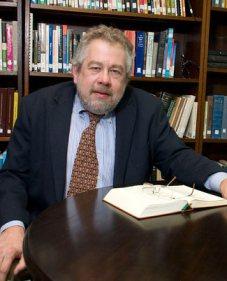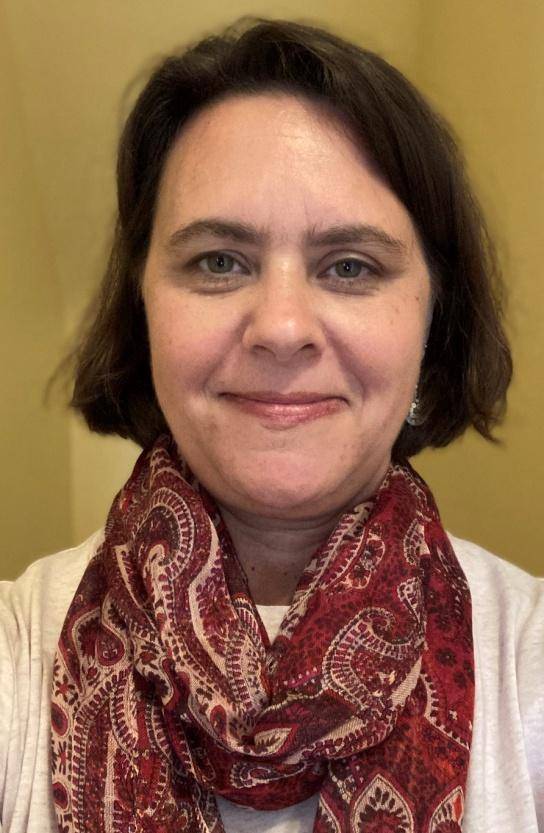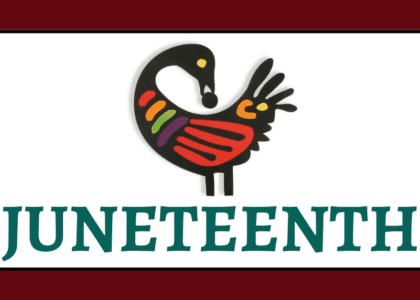By Mark E. Biddle and Melissa A. Jackson
Imagine yourself in a moment when you urgently need a pastor’s listening ear. You approach that pastor only to be informed, “I’m sorry, but I’m doing New Testament now. Come back tomorrow morning at 11:00. That’s when I’ll be doing pastoral care.”
Re-imagining: A Day in the Life of a Seminary Student
Finding oneself in need of a listening ear is probably easy to imagine. A “pastoral” response such as the one suggested above, however, is nearly unimaginable. Yet, most theological higher education curricula are constructed this way, divided into and organized around individual disciplines so that students engage these core subjects mostly separately. This system thus asks students to shoulder much of the weighty and crucial work of integrating separate disciplines into a coherent whole and of integrating intensely competing demands into a sustainable rhythm of ministerial work.
However, unless you are yourself in the midst of or considering a seminary education, you might be asking why you should care particularly about how a seminary constructs its curriculum. Well, first, we ask you to imagine—in contrast to the above—this scenario instead…
A student begins the day in the classroom of the earth, learning about God’s good creation by feeling it, working with it, helping coax its fruit to maturity. After a scrub and an exchange of work gloves and hat for pen, notebook, and laptop, the student sits around a table with professors and community ministers and peers, learning about God’s good creation in lively discussion about Genesis 1-3, Jesus’s agrarian parables, the challenge of preaching such familiar texts, eco-theology, human sexuality, practices of Sabbath, science and scripture, humanity’s call to be co-creators with God, the beauty of creative arts in/as worship.
With the conclusion of this lively seminar, the rhythm of the day shifts as the student enters with the community into worship, praising God for the gifts of work and play and study. Afterwards, the student joins in the community’s shared meal, partaking of the earth’s fruits, in fellowship with others. The evening’s activity is a return to study, as well as time for self-care, and at day’s end, rest, before beginning another day of celebrating God’s good creation.
Is this a community in which you would want your future minister to learn and labor? If the answer is yes, then you already care about seminary curriculum. In a church, a society, and a world that seems increasingly more divided than united, God’s people need leaders who see and understand all of God’s creation as interconnected and interdependent, not disconnected and disjointed. And those best equipped to minister with this holistic vision are surely those whose preparation for that ministry is itself holistic.
Re-imagining: A Seminary with Dirt under its Nails
Sophia Theological Seminary’s re-imagined curriculum, and the pedagogy undergirding it, is holistic. Learning is organized in seminars that are topical, integrated across core subjects and led by a cross-disciplinary team of faculty and community ministers. Seminars progress over three years in a sequence that develops out of a foundational exploration of creation, the created order, and creation care. Seminar content balances biblical, theological, and historical insights with an accompanying emphasis on praxis both in seminars and in students’ ministry settings. Rather than reserve an internship experience for students’ final semester or year, they will serve in ministry settings for their full three years, settings that are to be integral workshops for bringing learning to life, wisely and effectively.
The ground out of which such a way of learning grows is tended with the belief that the best theological education integrates traditional areas of study, not simply with one another, but also with ministry and with the life of the individual, the community, and the world. It is tended with the recognition that the minister’s basic tool is the minister’s self, the core of being into which all this integration must occur. It is tended with the knowledge that all selves are formed in community and that the healthiest of selves lives in harmony with the rhythms of God’s creation. It is tended with the conviction that such a harmonious life will develop and demonstrate a steadfast commitment to the loving, just, and grace-filled principles by which God created the world.
Re-imagining: How Christians “Organize”
“Organized religion” is, by the numbers, experiencing a decline, and many voices decry “organized religion” with a tone of contempt. “Organized religion,” so these insistent voices argue, brought the human race such atrocities as the Crusades; it has undergirded racism in the US South and patriarchy throughout the world; it has enabled attitudes and actions contributing to the climate crisis that threatens the planet; it has shielded abusers and has, thereby, become itself an abuser.
Some saw this day of decline coming. As early as April 1963, MLK Jr. warned, in his “Letter from Birmingham Jail”:
“If today’s church does not recapture the sacrificial spirit of the early church, it will lose its authenticity, forfeit the loyalty of millions, and be dismissed as an irrelevant social club with no meaning for the twentieth century. Every day I meet young people whose disappointment with the church has turned into outright disgust.”
(full text available at www.africa.upenn.edu/Articles_Gen/Letter_Birmingham.html)
The church desperately needs a cadre of ministers who know the tradition at depth and view the present with clear sight. They must engage the Bible both to understand its relevance in a complex world and to interpret it as a complex text. They must study the history of the church in order to travel a path that does not succumb to the pitfalls of that history. They must take seriously both science and sociology, while also affirming that faith answers questions science is entirely unsuited for and while announcing that God continuously calls us to make better our present society. And, crucially, they must integrate it all in a way that transcends simple knowledge to produce true wisdom and genuine Christian leadership.
Courageous, prophetic voices of contemporary US life, from MLK to #churchtoo survivors, have called the church to acknowledge its failings and to repent for those times it has opposed the principles of justice and love for neighbor at the heart of the gospel message. One of the opportunities, daunting while wonderful, of being part of something at its very beginnings is the freedom presented to think in new ways, without constraint or restraint. Out of this creating spirit, Sophia Theological Seminary hopes to respond to King’s demand to capture again the church’s “sacrificial spirit” and to see the struggles and death of established structures not as a threat to our existence but as an invitation to re-imagine anew.
Such a context of learning and laboring will shape the Sophia community’s response to Paul’s challenge to the Romans, that they “be transformed by the renewing of [their] mind” (12:2a). Sophia understands God to be at work in the world, transforming it and thereby transforming us. We pray that, in being transformed, we may, in turn, nurture the re-imaginings that burst forth when we embrace our humanity as created/creative/creating beings.
STS plans to welcome its first class of students in the academic year 2023-24. Central to this plan is closing on the purchase of Laurel Branch Farm in Dinwiddie, VA. And we are only $65,000 away from that goal. We feel emboldened to write “only” because we can reach that goal through hundreds of modest donations (sophiafarms.org/donate). Please consider partnering with Sophia in “buying the farm.”

Mark E. Biddle, DrTheol (Zürich)—the author of commentaries on Deuteronomy, Judges, and Jeremiah (forthcoming) and monographs on the biblical doctrine of sin, humor in Bible, and Jeremiah, copious articles, hundreds of book reviews, and a score of translations—is the founding dean of Sophia Theological Seminary. Over thirty years of award-winning classroom teaching and a deep personal sense of Jesus’s call fuel his commitment to reimagining theological education.

Melissa A. Jackson, DPhil, is on faculty of the newly-founded Sophia Theological Seminary, based in Dinwiddie, Virginia and currently also serves as Chair of the Seminary’s board of trustees. An ordained baptist minister, Jackson earned her doctoral degree in Hebrew Bible from the University of Oxford and has written extensively on comedy in the Hebrew Bible, particularly its intersection with feminist-critical interpretation. Jackson is the Managing Editor of the academic journal, Review & Expositor.




Recent Comments